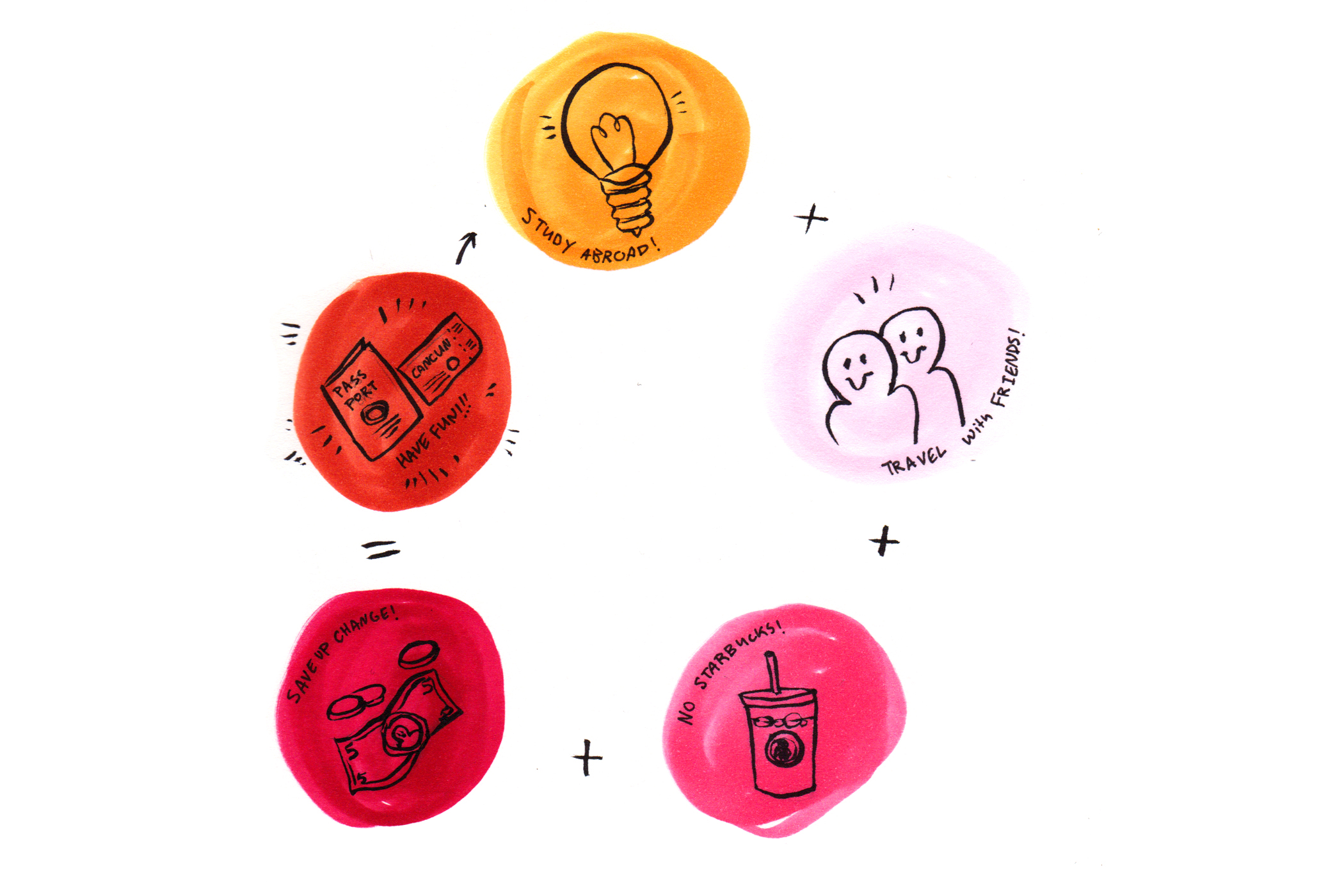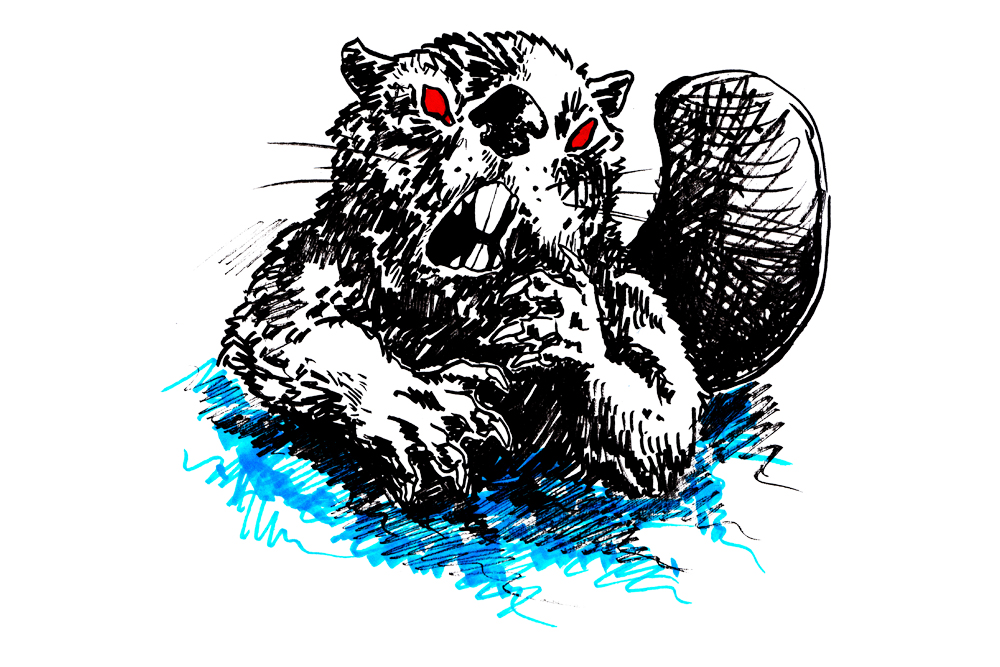Unnamed
>Portland State University has a large, well-maintained computer network used in a variety of ways. Most students use it for straight-forward purposes, such as checking e-mail and surfing the Internet. However, the increase in recent years of sharing copyrighted material, such as songs and movies, has prompted the entertainment industry to bring several lawsuits against college students nationwide.
“There’s a difference between sharing files and illegally sharing files,” said Cory Bell, PSU’s information security officer. “You have the right to share your own music any way you want, if, say, you had your own band, because it’s not copyrighted.” But once students start freely distributing copyrighted material, it becomes illegal.
The Recording Industry Association of America (RIAA) recently brought several lawsuits against college students at DePaul and Loyola universities for illegally sharing copyrighted material. In addition, the RIAA has issued more than 1,600 subpoenas for copyright violations nationwide.
The lawsuits resulted in hundreds of thousands of dollars in fines, and some PSU students are worried they may be targeted as well.
However, PSU has several policies in place that make it less likely that students will find themselves in hot water.
PSU’s network and file-sharing capacity is restricted, both to try to stop the sharing of illegal files and to preserve the health of the computer network. Bandwidth use is capped in the resident halls, such as the Ondine, campus computer labs and faculty and staff computers.
Bell also notes that the university does not have a policy of intentionally browsing the network for material.
“The only time we take action is if someone complains or if it’s causing a bandwidth problem,” he said.
According to Bell, big companies such as Universal don’t do the actual searching.
“There’s a whole industry that’s developed recently of companies that specifically scan networks for illegal files and then notify the copyright holders,” he said.
Those companies prioritize file-sharers based on the speed of their network and the number of files that are being shared. University networks are an easy target because of the large bandwidth and sheer number of users, which increases the probability of finding copyrighted material.
Once a copyright holder has been notified that a file is being shared illegally, they contact the institution or individual that owns the file. The Digital Millenium Copyright Act, enacted on Oct. 28, 1998, allows companies to pursue legal action against people distributing copyrighted material. Unfortunately, many people are ignorant of the law and the large fines that can result if they’re caught.
“They just aren’t aware that people can find their illegal material,” Bell said.
“PSU has fewer problems than some other pure universities,” said Mary Gregory, executive director of the Office of Information Technologies. “We have a smaller resident population and they (the students) are older, so we have less file sharing than a traditional institution. Like any university, we have a fair share of people who do it,” but it seems to be under control at the moment.



